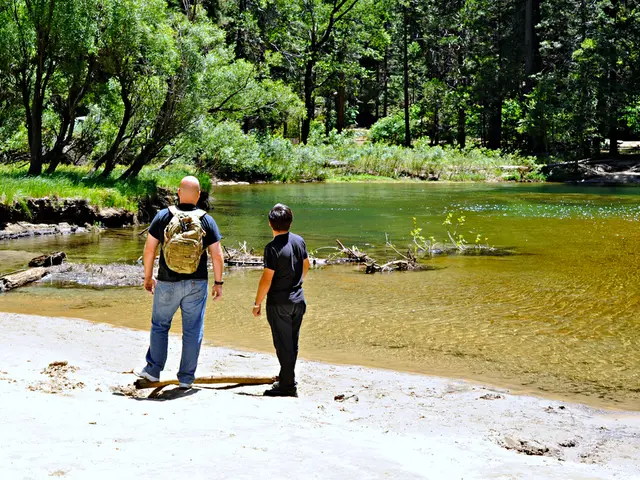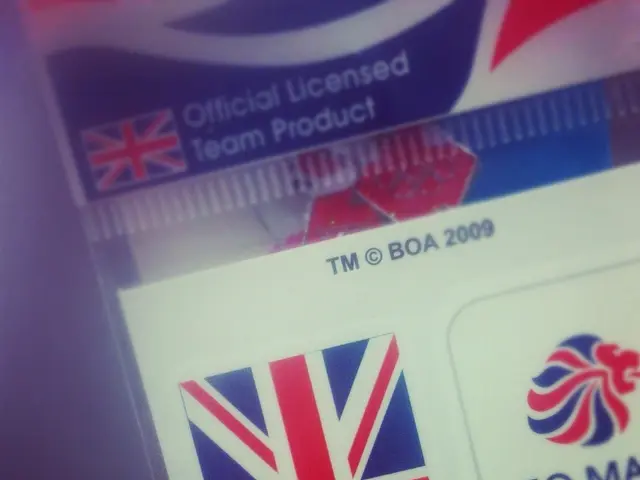Delaying the reduction of Value-Added Tax (VAT) for the hospitality sector is being contemplated by the government.
Ireland's Hospitality VAT Reduction Delay Sparks Debate
The Irish Government is contemplating a delay in the reduction of Value Added Tax (VAT) for the hospitality sector from 13.5% to 9%, potentially pushing the change until mid-2026. This move is aimed at creating fiscal space for broader tax cuts in Budget 2026, freeing up nearly €1 billion for other measures.
If the proposal goes ahead, the reduced 9% VAT rate would apply only to food and drink in hospitality venues such as pubs, restaurants, and hotels. Accommodation might be excluded from the lower rate.
The rationale behind this delay and narrowing of the VAT cut includes fiscal prudence, complexity and enforcement issues, and equity concerns. By delaying the VAT cut, the government aims to lower the cost, easing pressure on public finances. The complexity and enforcement issues stem from the difficulties in splitting VAT rates within the hospitality sector, particularly for accommodation providers. Some argue that the VAT reduction may not directly benefit ordinary consumers, as businesses may not pass on the full reduction in prices.
However, this decision faces opposition from hospitality stakeholders and consumer advocates. They express concerns about delayed relief and fairness. The hospitality sector has faced significant closures and struggles, and many voices urge that the VAT cut not be postponed to help sustain these businesses. The government's Programme for Government contained a commitment to support Small and Medium Enterprises (SMEs) in the hospitality sector through VAT measures, making a delay a potential break with a solemn commitment.
Pat Crotty, Chief Executive of the Vintners Federation of Ireland, stated that more pubs will close without Government support for hospitality. Minister for Finance Paschal Donohoe noted that the measure would account for two-thirds of the allocation of identified tax cuts this year. Mr. Crotty emphasized that "a lot of businesses are vulnerable."
Minister of State at the Department of Justice and Fianna Fáil TD for Limerick County Niall Collins prefers to see targeted interventions in various sectors instead of an across-the-board reduction in VAT for the hospitality sector. Minister Collins prioritizes helping those who need the most help, including younger and vulnerable people, such as those with disabilities. He pointed out that there was no evidence that previous VAT reductions for hospitality were passed on to consumers.
The final decision balances fiscal constraints with the sector’s immediate needs. The government is currently assessing if the lower VAT rate of 9% would be extended only to hospitality and not to the accommodation sector. The Coalition's Programme for Government contains a commitment to reduce VAT on the hospitality sector, at a cost of around €1 billion. However, nothing has been agreed on either measure so far.
Both sides recognize the pressure on the hospitality sector and the need to support jobs. Minister Collins supports the idea of supporting the hospitality, SMEs, and retail sectors, but questions if it can be done correctly. The Vintners Federation of Ireland believes something needs to change in relation to Government support for hospitality. Mr. Crotty noted a disparity between the capacity to do business and make a profit in different locations within the country.
In conclusion, the proposed delay in the VAT reduction until July 2026 and the potential exclusion of accommodation from the lower rate align with current government fiscal strategy and tax complexity concerns. However, it faces opposition from hospitality stakeholders and consumer advocates worried about delayed relief and fairness. The final decision will likely be shaped by a delicate balance between fiscal constraints and the sector’s immediate needs.
- The delay in the VAT reduction for the Irish hospitality sector and the possibility of excluding accommodation from the lower rate are topics of discussion within the realms of politics, business, and general-news, as they concern the financial decision-making process of the government.
- The hospitality sector is advocating for the VAT reduction to be implemented promptly, as the sector's immediate needs are being weighed against fiscal concerns, sparking debates in the realm of politics and finance.




